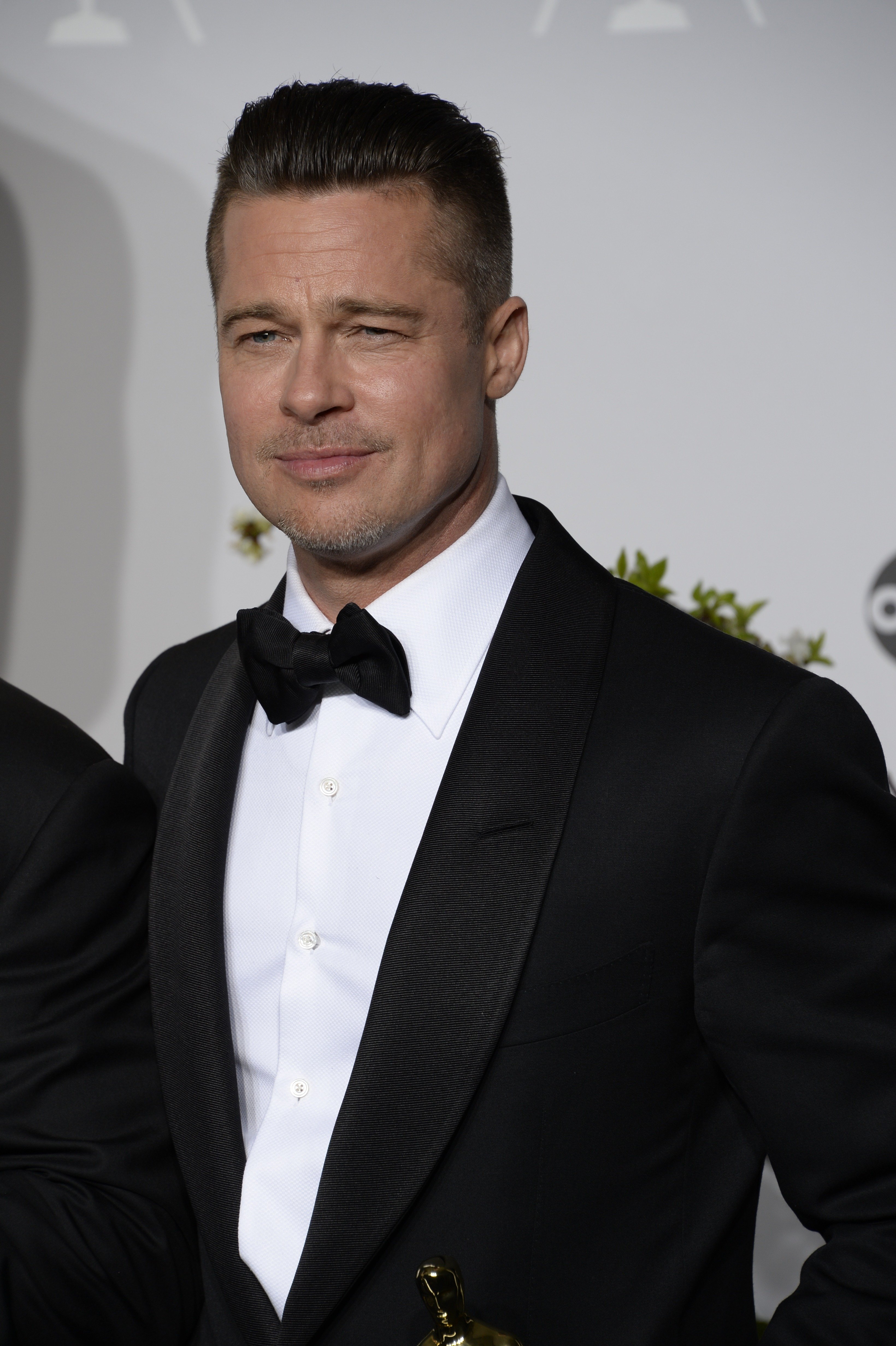FBI Director James Comey sent a clear message to newsrooms across the country Wednesday: American journalists who receive classified material from sources are not criminals.
Comey was specifically asked during a Senate judiciary committee hearing by Republican Sen. Ben Sasse to explain whether journalists violate the law by soliciting leaks within the intelligence community.
“That conduct is not treated by the US government as criminal conduct,” Comey explained. “In my lifetime, the Department of Justice’s view has been newsgathering and legitimate news coverage is not covered and is not going to be investigated or prosecuted as a criminal act.”
“Our focus is and should be on the leakers and not those that are obtaining (classified information) as part of legitimate newsgathering,” Comey added.
While legal protections exist for reporters publishing classified information — Comey’s exchange with Sasse, a Nebraska Republican, was particularly noteworthy given President Donald Trump’s repeated calls for leak investigations.
Sasse also raised the potential prosecution of WikiLeaks’ founder Julian Assange and prompted Comey to “wax broadly” on the thornier issue of when “an allegedly journalistic organization crosses a line to become some sort of a tool of foreign intelligence.”
While Comey chose his words carefully to avoid prejudicing “any future proceeding,” the FBI director sought to draw a clear distinction between journalists engaged in legitimate newsgathering and how he views WikiLeaks’ efforts.
“To my mind it crosses a line when it moves from being about trying to educate a public and instead just becomes about intelligence porn frankly — just pushing out information about sources and methods without regard to interest, without regard to the First Amendment values that normally underlie press reporting, and simply becomes a conduit for the Russian intelligence services or some other adversary of the United States just to push out information to damage the United States,” Comey explained. “(S)urely there’s conduct that’s so far to the side of that line that we can all agree there’s nothing that even smells ‘journalist’ about some of this conduct.”
But Sasse nudged Comey to further flesh out the difference between the mainstream press and WikiLeaks.
“In my view, a huge portion of WikiLeaks’ activities has nothing to do with legitimate newsgathering, informing the public and commenting on important public controversies, but is simply about releasing classified information to damage the US,” Comey said.
“People sometimes get cynical about journalists — American journalists do not do that. They will almost always call us before they publish classified information and say, ‘is there anything about this that is going to put lives in danger — that is going to jeopardize government people, military people, or innocent civilians anywhere in the world?'” Comey added. “This activity I’m talking about with WikiLeaks involves no such considerations whatsoever.”



